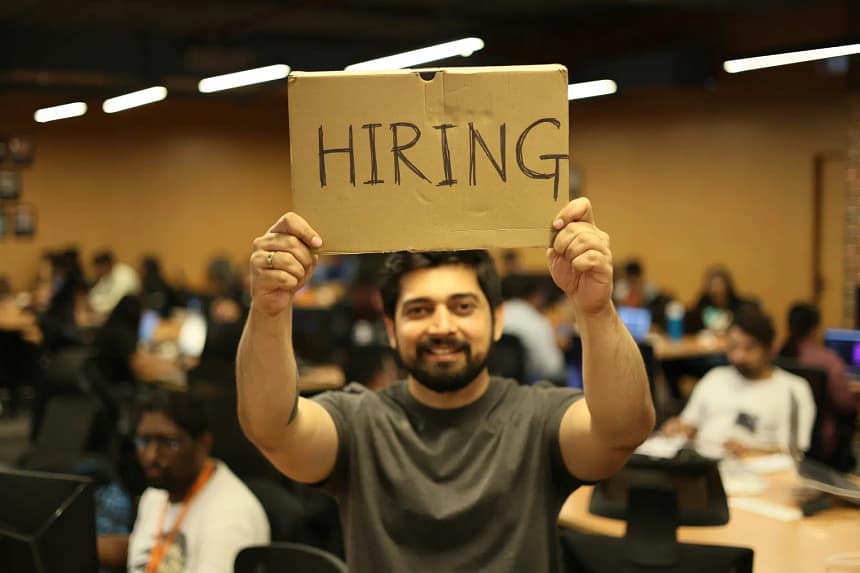Global tech leaders Google and Microsoft are reportedly reviewing their hiring strategies in India, following remarks by former U.S. President Donald Trump urging American companies to prioritize domestic talent. As the political landscape in the U.S. heats up ahead of the 2024 presidential elections, the ripple effects may be felt across India’s thriving tech sector.
Trump’s Call to Curb Overseas Hiring
At a recent campaign rally, Trump reiterated his long-standing stance on employment policy, calling on U.S. tech companies to scale back reliance on foreign talent, particularly in countries like India. He criticized what he described as an overdependence on outsourcing for technical roles, asserting that American jobs must be reserved for American citizens.
“We have to bring tech jobs back home. Our companies should be hiring American workers, not shipping opportunities abroad,” Trump said during the event.
His comments strike a familiar chord with a segment of the U.S. electorate increasingly vocal about job displacement and outsourcing. This sentiment, paired with ongoing scrutiny of H-1B visa policies, could signal a return to tighter immigration and labor controls should Trump regain office.
Impact on India’s Tech Workforce
India has long served as a critical talent engine for global technology firms. Companies like Google, Microsoft, Meta, and Amazon have traditionally sourced large portions of their engineering, support, and R&D teams from Indian campuses and tech hubs.
A potential freeze or slowdown in hiring could significantly affect:
- University graduates seeking global MNC placements
- Mid-career professionals targeting overseas roles
- Tech institutions reliant on multinational hiring pipelines
While neither Google nor Microsoft has issued an official statement, sources close to both companies indicate that internal assessments are underway, focusing on potential political and regulatory scenarios post-2024.
A Shift in Talent Strategy?
Faced with rising regulatory pressures and shifting political winds, tech companies are increasingly exploring alternative talent models. This includes a greater emphasis on:
- Onshore hiring in the U.S.
- Automation and AI-driven efficiency
- Smaller, high-impact offshore teams
Although traditional backend and software development roles may see reduced demand offshore, experts believe Indian talent will continue to be indispensable in emerging areas such as:
- AI and machine learning research
- Cybersecurity and cloud engineering
- Specialized infrastructure roles
Looking Ahead
While the hiring outlook remains uncertain, one thing is clear: global recruitment strategies are becoming more politically sensitive. If Trump’s influence strengthens, tech giants may adopt a more cautious approach to offshore hiring, not necessarily due to policy—but to prepare for what may come.
India’s tech industry, resilient and adaptive, will likely recalibrate in response. But the coming months will be key in determining how deeply U.S. electoral politics will shape the future of cross-border talent dynamics.








